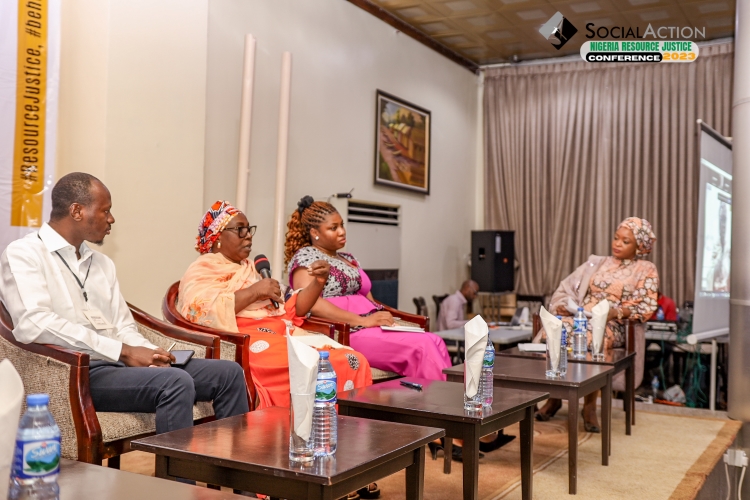Charting a Fair Course: Africa’s Battle Against Climate Loss and Damage
Panel Discussion and Conclusion at the Second Panel Session at the Nigeria Resource Justice Conference 2023
In the realm of global greenhouse gas emissions, Africa accounts for a mere 3%. The rhetorical question arises: Why compel countries with negligible emissions to commit to reductions? Despite our minimal contribution, Africa finds itself exceptionally vulnerable, bearing the brunt of climate change impacts. The global South, including Africa, stands out as the most vulnerable and adversely affected region, yet paradoxically, it is the least equipped to cope with these challenges. The historical responsibility for climate change lies with the global north, and recognizing this is crucial.
Loss and damage, encompassing adaptation finance, constitute critical facets of climate change. Finance plays a pivotal role, especially for vulnerable communities and countries like Nigeria, which is already grappling with climate-induced adversities. Direct allocation of funds to communities becomes imperative for tangible and perceptible impacts at the grassroots level.

·
·
·
Loss comes in varying forms—permanent and temporary. The challenge lies in quantifying and costing these losses. How does one assign a value to the irreplaceable loss of family members or the temporary loss of farmland due to flooding? Compensation becomes a complex issue entangled with psychological, economic, and cultural costs. Defining, measuring, and compensating for these losses require a nuanced approach that extends beyond mere financial considerations.
Governments, too, bear responsibility. The call for upgrading the National Emergency Management Agency (NEMA) to include climate change and address climate-induced emergencies is paramount. Monitoring budgets, ensuring transparency, and aligning emergency response mechanisms with different geographical contexts are integral steps.
The plea transcends the notion of a favour from the global north; instead, it asserts the right to compensation. Africa has endured depletion over decades, and the causes and effects of climate change loss and damage demand a broader perspective. Defining what constitutes adequate support for control, compensation, and prevention becomes imperative, emphasizing a need for self-determination.
While other countries in the Lake Chad basin exhibit deliberate and valuable efforts, Nigeria lags, still grappling with providing basic livelihoods. The discourse advocates for a distinct Nigerian definition and framework, recognizing that while the effects may be inevitable, proactive policies to address them are indispensable. Long-term preparation must become a focal point, ensuring resilience against the evolving challenges posed by climate change. In navigating these complexities, Africa, and Nigeria in particular, must assert their rights, demand just compensation, and formulate robust policies to safeguard against the impending impacts of climate change.





